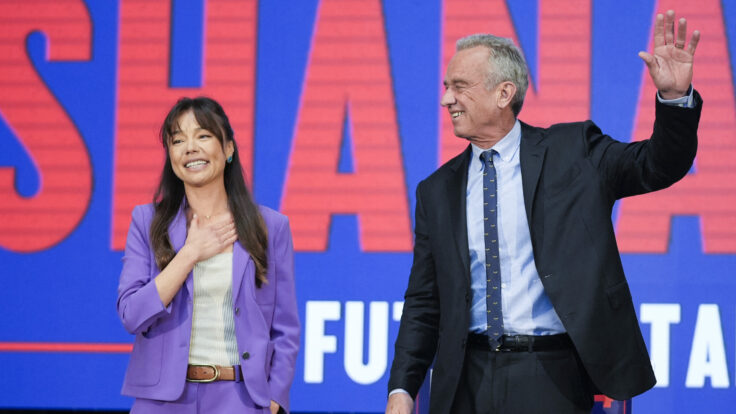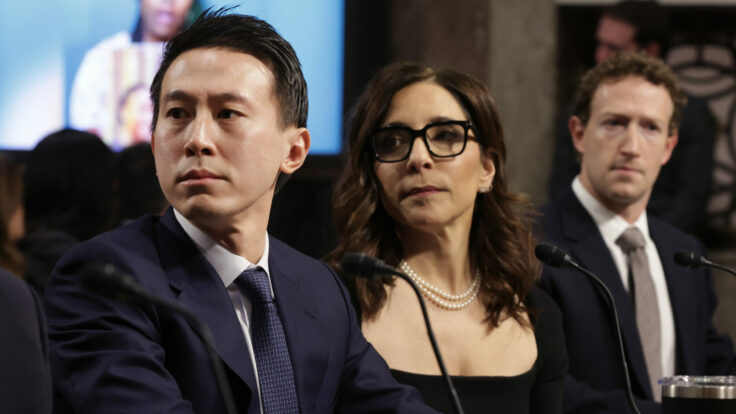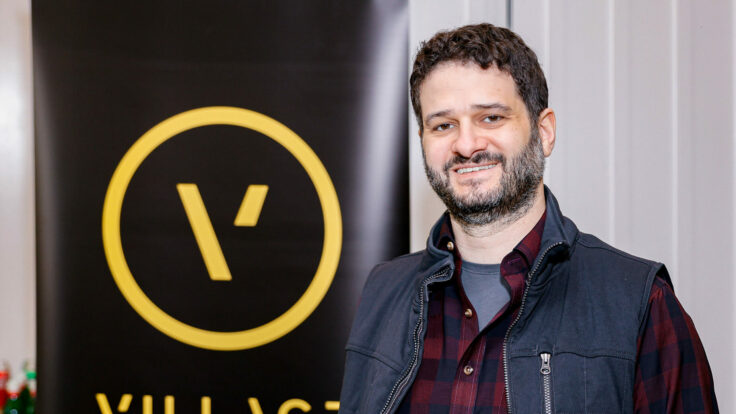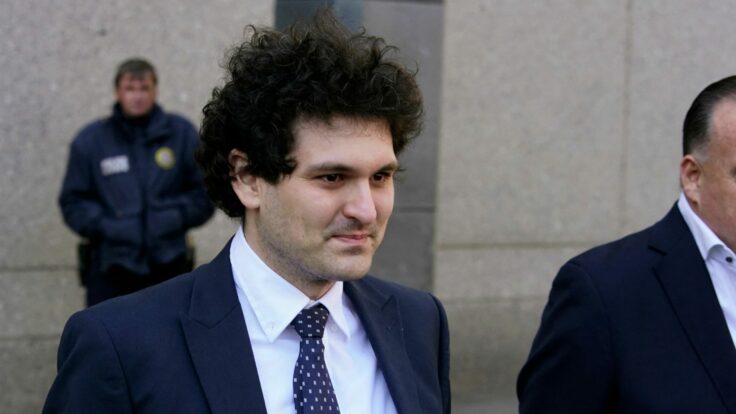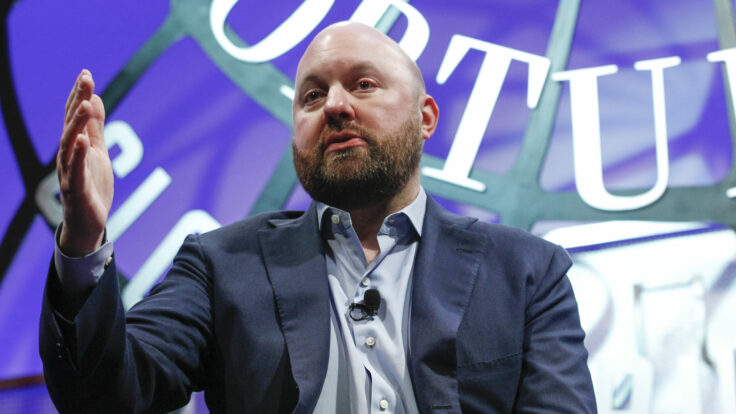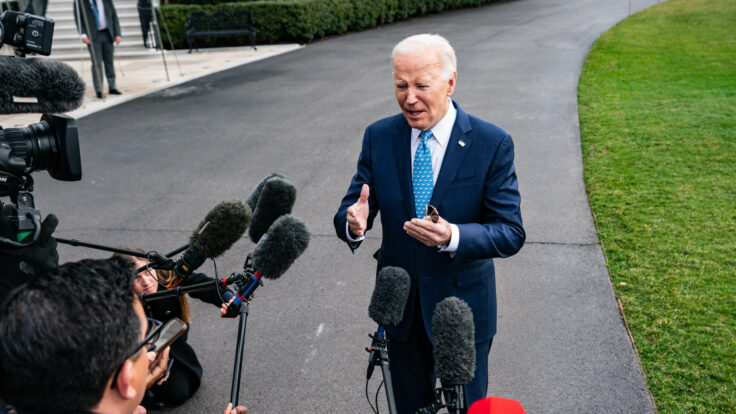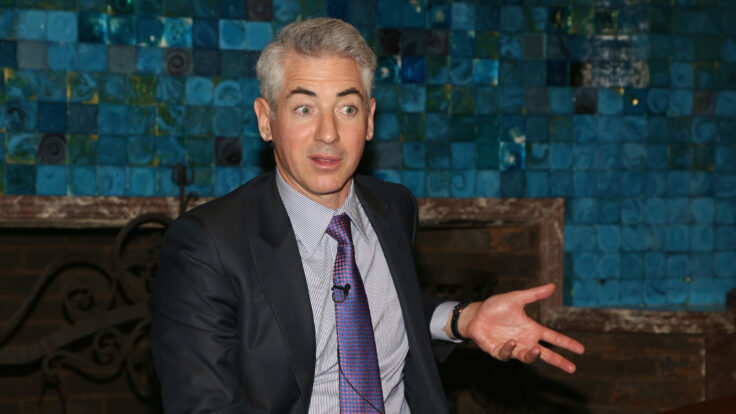In the weeks before Vermont’s primary election last August, operatives working for the Democratic congressional candidate Molly Gray began to grow concerned about seven figures worth of political spending mysteriously accumulating behind her rival, Becca Balint. A super PAC that appeared to have no money had suddenly injected more than $1 million—a massive sum in the tiny Vermont media market—to ensure that Gray, the state’s lieutenant governor, didn’t make it to Congress.
Unbeknownst to Gray’s team, they were fighting against Sam Bankman-Fried and one of his top deputies, Nishad Singh, whose political aides had hatched a then-creative, now-legally-explosive plan to defeat her. S.B.F.’s team had initially been excited about Gray’s commitment to pandemic preparedness, the core mission of Guarding Against Pandemics, a dark money group run by Sam’s brother, Gabe. But Gabe & Co. soured on Gray after what they felt was a muffed Zoom call in January with the once-favored candidate, who bristled at the notion that the group had a super PAC that might spend in the race. They next interviewed Balint, who struck the GAP folks as technocratic and impressive, and who, unlike Gray, was willing to explicitly endorse GAP’s policy platform on her campaign website. GAP, under the direction of the Bankman-Fried brain trust, decided to endorse Balint, and to spend big.







